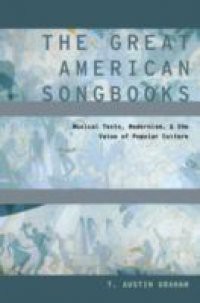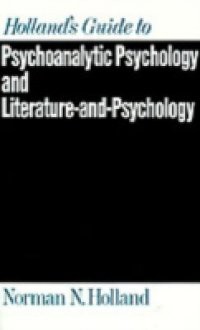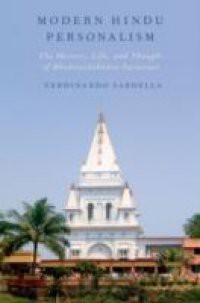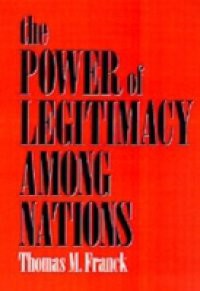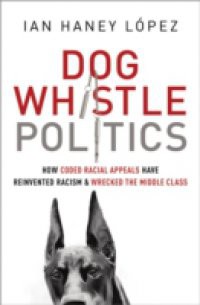In the late nineteenth and early twentieth centuries, American authors pioneered a mode of musical writing that quite literally resounded beyond the printed page. Novels gained soundtracks, poetry compelled its audiences to sing, and the ostensibly silent act of reading became anything but. The Great American Songbooks is the story of this literature, at once an overview of musical and authorial practice at the centurys turn, an investigation into the sensory dimensions of reading, and a meditation on the effects that the popular arts have had on literary modernism. The writings of John Dos Passos, Theodore Dreiser, T.S. Eliot, F. Scott Fitzgerald, Langston Hughes, Jean Toomer, and Walt Whitman are heard in a new key; the performers and tunesmiths who inspired them have their stories told; and the music of the past, long out of print and fashion, is recapitulated and made available in digital form. A work of criticism situated at the crossroads of literary analysis, musicology, and cultural history, The Great American Songbooks demonstrates the importance of studying fiction and poetry from interdisciplinary perspectives, and it suggests new avenues for research in the dawning age of the digital humanities.
